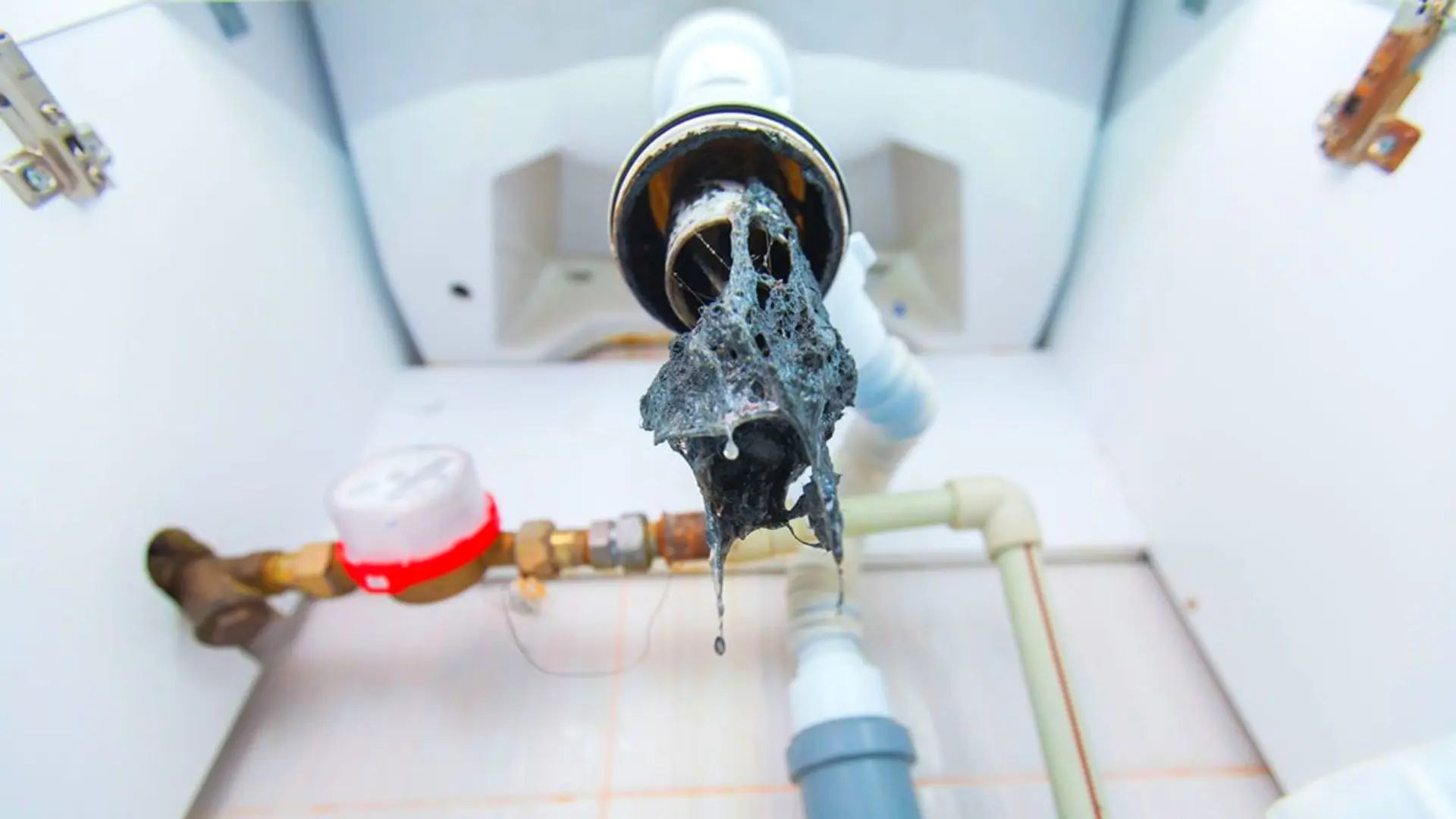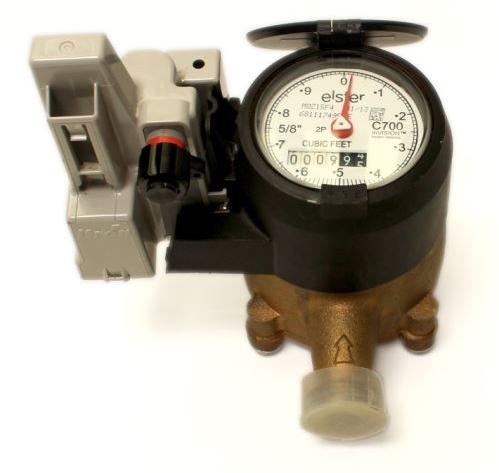They are making a few great pointers regarding 10 Reasons for Low Water Pressure in Your House overall in this great article followed below.

Low water pressure in your house can be a discouraging trouble, impacting every little thing from showering to washing meals. If you're experiencing weak water circulation, there are numerous feasible reasons and solutions to explore. In this overview, we'll review typical reasons for low tide stress and practical actions to resolve the concern effectively.
Introduction to Low Tide Stress
Low tide pressure takes place when the circulation of water from your taps, showers, and various other components is weaker than typical. This can make everyday jobs extra tough and much less effective. Understanding the reasons for low water pressure is important to discovering the right remedy.
Common Root Causes Of Low Water Pressure
Pipeline Obstructions
With time, pipelines can end up being clogged with natural resource, debris, or particles, limiting the flow of water. This is an usual problem in older homes with galvanized steel pipes.
Deterioration
Corrosion within pipes can result in leakages and minimized water stress. Rust buildup can tighten water circulation, specifically in maturing plumbing systems.
Faulty Stress Regulators
Stress regulators are responsible for preserving constant water stress in your house. If they malfunction, it can result in low water stress or unequal circulation throughout your home.
Community Water Issues
Sometimes, the issue lies outside your home. Local water supply problems, such as main line leakages or upkeep work, can momentarily minimize water stress in your area.
Exactly How to Identify Low Water Stress
Inspecting Taps and Components
Beginning by testing the water pressure at various faucets and fixtures throughout your home. If the problem is separated to particular locations, it might show localized problems.
Examining Pipes
Examine noticeable pipes for indications of leakages, deterioration, or blockages. Take notice of any unusual noises, such as knocking or rattling pipes, which could suggest concerns within the plumbing system.
Consulting with a Plumber
If you're incapable to pinpoint the cause of low water pressure, think about working with a specialist plumber to conduct a complete inspection. They can identify underlying problems and suggest proper remedies.
Do It Yourself Solutions to Fix Low Water Stress
Cleaning Aerators and Showerheads
Mineral deposits can accumulate in aerators and showerheads, lowering water flow. Eliminate and cleanse these components frequently to improve water pressure.
Flushing Hot Water Heater
Sediment buildup in the water heater can limit flow and decrease performance. Flushing the storage tank regularly helps get rid of sediment and maintain optimal efficiency.
Examining Stress Regulatory Authority
Guarantee that the stress regulatory authority is functioning correctly. Adjusting or replacing the regulatory authority can help bring back correct water pressure throughout your home.
Cleaning Clogs in Pipeline
For small obstructions, try using a plumbing serpent or chemical drain cleaner to clear obstructions in pipelines. Beware when utilizing chemicals and follow security standards.
When to Call a Professional Plumber
If DIY efforts fail to settle the concern or if you think considerable plumbing troubles, it's ideal to seek support from a qualified plumber. They have the proficiency and tools to resolve intricate issues securely and effectively.
Safety Nets to Maintain Water Stress
Routine Maintenance
Set up regular upkeep for your plumbing system to avoid concerns such as corrosion, leakages, and blockages. Addressing minor troubles early can help prevent even more significant repairs in the future.
Mounting a Pressure Booster
Take into consideration installing a pressure booster pump to improve water pressure in areas with constantly low flow. This can be specifically beneficial for multi-story homes or residential or commercial properties with high-demand fixtures.
Surveillance Water Use
Bear in mind water usage routines and avoid overtaxing the plumbing system. Simple adjustments, such as astonishing showers and laundry tons, can assist maintain ample water pressure.
Conclusion
Dealing with low water stress can be irritating, but recognizing the underlying causes and executing ideal remedies can bring back ideal flow throughout your home. Whether it's cleansing aerators, checking pipelines, or seeking advice from a plumber, taking proactive steps can make sure a consistent supply of water for your day-to-day requirements.
FOUR WAYS TO FIX LOW WATER PRESSURE NOW
Turning on a shower or faucet only to find the water comes out in a sad, slow drizzle is never a good feeling. How exactly are you supposed to wash a pan or take a quick shower when it takes 10 minutes just to rinse off a little soap? The good news is that when your water pressure is bad, there's always a cause: typically one that can be easily fixed. Here are some of the most common causes of low pressure and what you can do to fix the issue:
DEBRIS AND MINERAL DEPOSIT BUILDUPS
If you notice low water pressure from just one or two of the fixtures in your house, the problem likely has to do with debris buildup. Water is full of minerals and other debris, all of which can accumulate in your pipes and on your fixtures. This can cause a blockage that affects how much water flows through. To fix this, try filling a small plastic bag with white vinegar, and use a rubber band to hang it around your showerhead or faucet. Let the head of the fixture soak for a few hours, and the vinegar should loosen the deposits.
WATER LEAKS
Leaks are another common cause of low water pressure. If water is flowing out of your plumbing through a hole or crack before it can reach your fixture, the pressure coming out of the faucet or showerhead will be lower. A plumbing professional is your best bet for finding and repairing a leak in your water supply pipes.
Leaks are another common cause of low water pressure. If water is flowing out of your plumbing through a hole or crack before it can reach your fixture, the pressure coming out of the faucet or showerhead will be lower. A plumbing professional is your best bet for finding and repairing a leak in your water supply pipes.
FOUR WAYS TO FIX LOW WATER PRESSURE NOW
Turning on a shower or faucet only to find the water comes out in a sad, slow drizzle is never a good feeling. How exactly are you supposed to wash a pan or take a quick shower when it takes 10 minutes just to rinse off a little soap? The good news is that when your water pressure is bad, there's always a cause: typically one that can be easily fixed. Here are some of the most common causes of low pressure and what you can do to fix the issue:
DEBRIS AND MINERAL DEPOSIT BUILDUPS
If you notice low water pressure from just one or two of the fixtures in your house, the problem likely has to do with debris buildup. Water is full of minerals and other debris, all of which can accumulate in your pipes and on your fixtures. This can cause a blockage that affects how much water flows through. To fix this, try filling a small plastic bag with white vinegar, and use a rubber band to hang it around your showerhead or faucet. Let the head of the fixture soak for a few hours, and the vinegar should loosen the deposits.
WATER LEAKS
Leaks are another common cause of low water pressure. If water is flowing out of your plumbing through a hole or crack before it can reach your fixture, the pressure coming out of the faucet or showerhead will be lower. A plumbing professional is your best bet for finding and repairing a leak in your water supply pipes.
Leaks are another common cause of low water pressure. If water is flowing out of your plumbing through a hole or crack before it can reach your fixture, the pressure coming out of the faucet or showerhead will be lower. A plumbing professional is your best bet for finding and repairing a leak in your water supply pipes.
A VALVE ISSUE
If you have low water pressure throughout your home, check your main shut-off valve to make sure it's completely open. You may also want to see if there's a pressure-reducing valve installed. If there is, have a plumber help you adjust the settings to get the pressure you're looking for.
OTHERS USING WATER
Believe it or not, your low water pressure could be caused by your neighbors. If you notice low pressure at certain times of day, it may be because you and the people living next to you have similar schedules - when everyone is showering at the same time, the pressure will be lower in every home. Low pressure throughout the neighborhood may also be caused by an issue with your municipal water supply. If that's the case, call the supplier to see if they're working on the issue.
https://www.rotorooter.com/blog/water-leaking/low-water-pressure-fixes/

I have been very eager about and I hope you enjoyed reading the entire article. Do you know about another person who is interested in the subject? Please feel free to promote it. Thank you for going through it.
Call